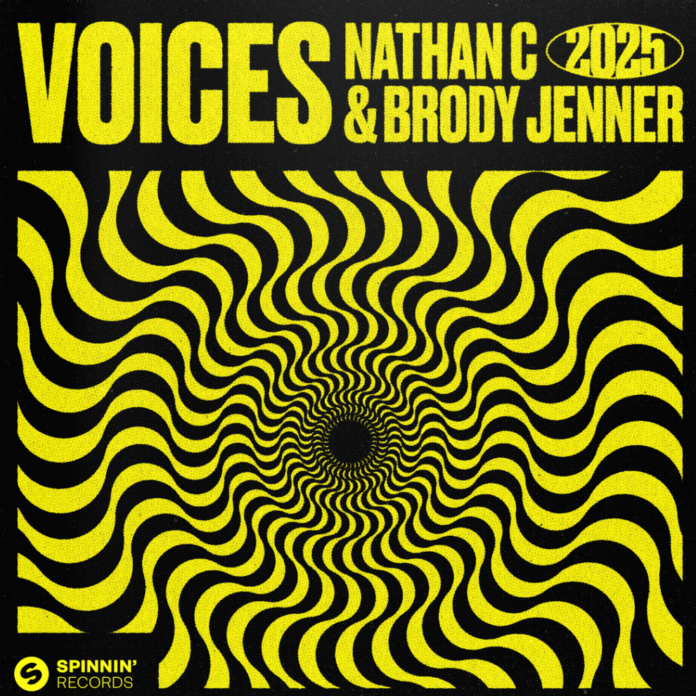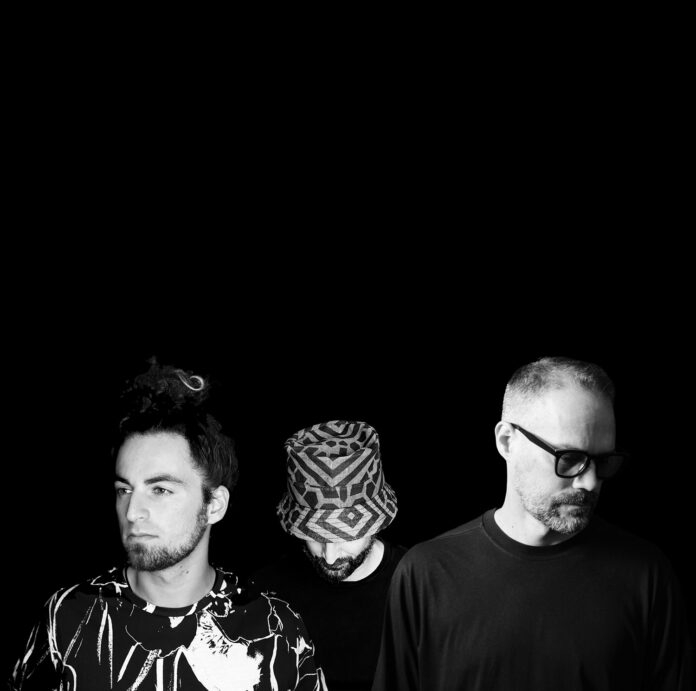WARNING: The following contains spoilers for the My Hero Academia manga by Kohei Horikoshi, Caleb Cook and John Hunt, available in English from Viz Media.
My Hero Academia's expansive cast makes it easy for previously important characters to fade from the spotlight. As some finally get their chance to shine, others get relegated to the background. They're still growing, but it happens so inconspicuously that when they finally have a big moment on screen, it seems to have had no buildup without taking a deep dive. This, unfortunately, is the case of Ochaco Uraraka.
Ochaco blew fans' minds during MHA's Sports Festival arc. After an impressive showing in the preliminary rounds, she went on to face Bakugo one-on-one on near-equal footing. That matchup, apart from teaching Bakugo an important lesson about not underestimating his classmates, showed off Ochaco's versatile Quirk and ability to strategize on her feet. It proved she was no pushover in a fight but her story has never been about her combat ability; she has more than enough classmates with battle-oriented Quirks. Rather, Ochaco's story has been about the strength of her character.
My Hero Academia introduced Ochaco as the classic, friendly anime schoolgirl. She was excitable and loved to make those around her as happy as she was. Like her Quirk, Ochaco lifted the spirits of everyone around her, ready to share a laugh or words of encouragement with her friends. Her main motivation for becoming a hero was to help lift herself and her family out of poverty, but she was also drawn to the profession when she noticed how happy the heroes made everyone. That part of being a Pro Hero, it seems, was made for her.
All was well when Ochaco enrolled at UA for a time, but she realized the world of heroes was not as glamorous as it seemed when looking on from the outside. As she trained and lived among them, she noticed several of her classmates' silent struggles. Deku's situation in particular worried Ochaco, as she had a unique perspective of him. She saw the fearless hero-in-training who jumped into danger to aid others, as well as his more vulnerable moments -- including his emotional distress and the adverse effects his Quirk was having on his body. Ochaco already had a soft spot for Deku, and seeing him go through so much led her to ask, "Who helps the heroes when they're hurting?"
As it happened, it was Ochaco herself. Before her hero journey in MHA truly began, she had already decided she wanted to focus on rescue. Now, she channeled that energy toward her fellow heroes in the field. A few lessons with the Battle Hero, Gunhead, equipped her with the tools for a fight and ensured she'd never be a liability in combat despite her support role. She bravely applied herself to this self-determined task and continued to work toward creating a world where both heroes and civilians could smile genuinely.
Her efforts yielded results. After defeating a powerful villain with Ryukyu and Froppy, Ochaco ferried Nighteye to the paramedics after he sustained an injury fighting the Shie Hassaikai. During the Joint Training exercise with Class 1-B, Ochaco was first to leap into action when Blackwhip spilled out of Deku. It may have been a rash move, but her decisiveness stopped him from causing any more damage or hurting anyone else. In the heat of the moment, she got the idea for Shinso to brainwash Deku and stop Blackwhip's rampage. Her plan worked perfectly.
Ochaco tried to keep her upbeat attitude, but this grew more difficult after the Paranormal Liberation War in the My Hero Academia manga. The aftermath saw death and destruction on a scale she'd never experienced. As many of the heroes began to fall into hopelessness after realizing the weight of what had occurred, so did she. The heroes' short-lived victory didn't account for much given the magnitude of what everyone had lost. It was the first real indicator that All Might's reign had come to an end.
At this point, the enormity of Ochaco's responsibilities began to dawn on her. Ironically, she was in a tough spot herself. The relationship between heroes and the public -- which had aided her progression -- was completely gone. Public opinion of heroes was at an all-time low and dozens of heroes were resigning by the day, all of which she could do nothing about.
Meanwhile, the situation in Japan continued to get steadily worse. To curb the madness, Deku left UA on a one-man campaign against the rampaging villains. His recklessness and terrible mental state worried Ochaco, but she was only able to put her philosophy into practice once more with a little encouragement from Principal Nezu, and after Class 1-A dragged Deku back to school.
UA had been converted to a safe haven from the villains, but the civilians within its walls opposed Deku's return. They claimed he'd jeopardize their safety, and honestly they were right. It wasn't that these people were selfish; they were rightly concerned for their safety, as they'd been conditioned to seeing heroes from a position of strength.
All Might had contributed to My Hero Academia's larger-than-life view of heroes with his overwhelming strength. Since his fall, his successors had been trying to preserve that view, for better or worse. The "worse" manifested in this case. Even though the Paranormal Liberation War had shaken people's trust in heroes, they were still willing to let an obviously struggling 16-year-old fend for himself amid the chaos outside UA's borders simply because he was a hero (in training).
Rather than assuring them of their safety -- which she couldn't fully guarantee -- Ochaco asked them to really take a look at Deku before turning him away. After fully taking in his sorry state, no one seriously wanted him gone anymore. Ochaco went on to describe the heroes' plight to everyone, admitting they were all as worn out and frustrated as the regular citizens. She reminded them how hard Deku and the other heroes were working and slowly, they came around.
Ochaco's decision to approach the citizens from a place of vulnerability made all the difference. It may have been a small step, but her brave speech would begin to redefine the relationship between heroes and those they watch over. Knowing the heroes were just as flawed and tired as everyone else encouraged the public to stop being so reliant on them to resolve issues. In order for the citizens to truly move forward, everyone would need to become heroes in their own right.
All Might became My Hero Academia's Symbol of Peace not just because of his power, but because his dedication to an ideal inspired others to put their trust in him and help make it a reality. It was an effective method of dealing with villains in his prime, but it became unsustainable after his fall. It had become painfully clear that heroes weren't as all-powerful as many people wished, but rather than continuing to hide that fact, Ochaco's approach embraced it, answering her own question in the process.
"Who protects the heroes when they're hurting?" Thanks to Ochaco, everyone else.
About The Author

